The 13 Greatest Medical TV Shows Ever Made
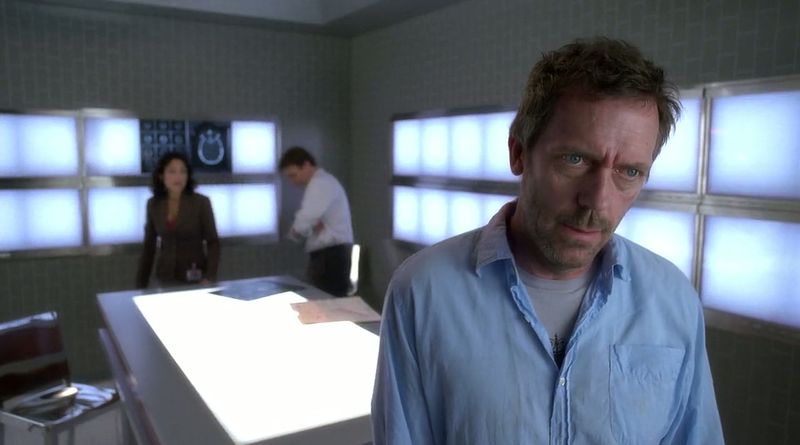
Medical dramas have captivated audiences for decades, offering a thrilling glimpse into the high-stakes world of hospitals and healthcare. These shows blend heart-pounding emergencies with deeply personal stories about the doctors and nurses who dedicate their lives to saving others. Whether you crave emotional roller coasters, laugh-out-loud humor, or edge-of-your-seat mysteries, medical TV shows deliver it all.
1. Grey’s Anatomy (2005–present)
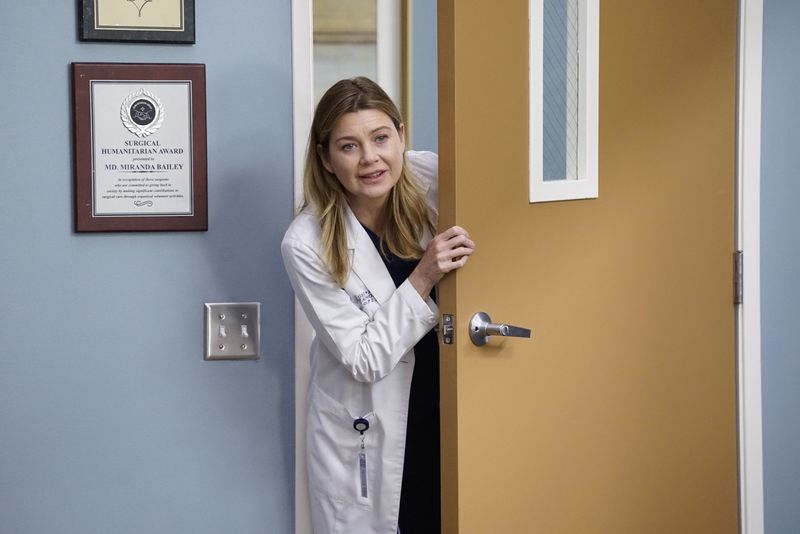
Since its debut in 2005, this ABC sensation has become a cultural phenomenon that refuses to quit. Meredith Grey and her fellow surgeons at Seattle Grace Hospital navigate complicated relationships, life-altering surgeries, and impossible ethical choices that keep viewers glued to their screens.
What sets this drama apart is its fearless approach to tackling real-world issues like mental health, discrimination, and medical mistakes. The show balances tear-jerking moments with uplifting triumphs, creating an emotional experience that feels genuine.
With nearly two decades on air, it continues to evolve while maintaining the core magic that made fans fall in love from episode one. The character development remains unmatched in television history.
2. ER (1994–2009)
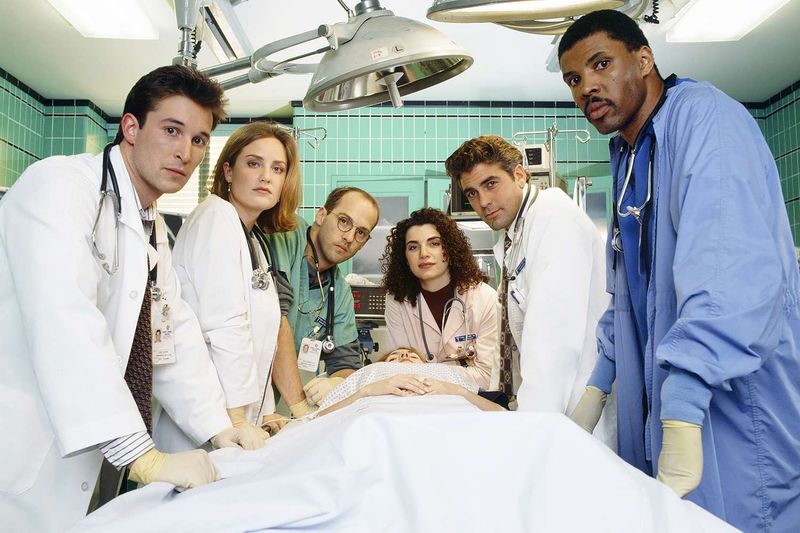
Michael Crichton revolutionized television when he created this groundbreaking series that brought raw, unfiltered emergency medicine into living rooms worldwide. The show’s documentary-style camera work and rapid-fire medical jargon gave viewers an authentic peek behind hospital doors.
County General Hospital became home to unforgettable characters whose personal struggles mirrored the chaos of their professional lives. George Clooney skyrocketed to stardom as Dr. Doug Ross, while Julianna Margulies captivated audiences as the compassionate Nurse Carol Hathaway.
Its ensemble cast approach meant every episode delivered multiple compelling storylines that intersected brilliantly. The show earned countless awards and set the standard for every medical drama that followed, proving that realism and entertainment could coexist perfectly.
3. House, M.D. (2004–2012)
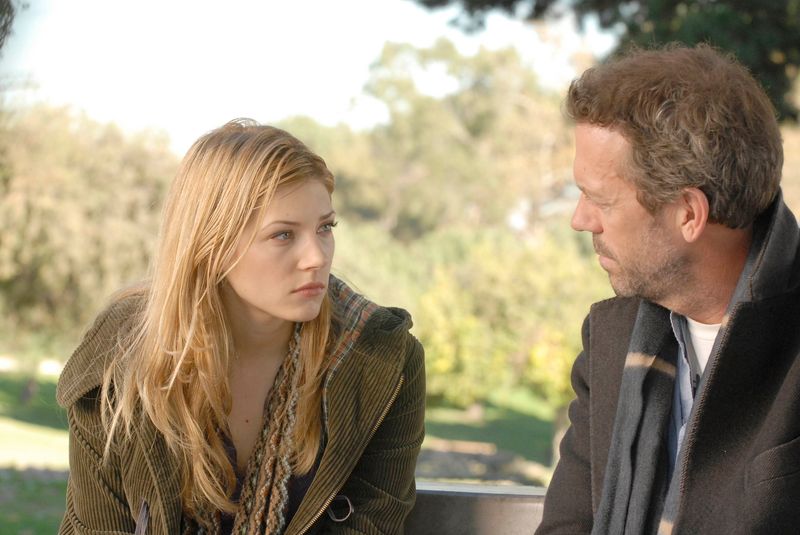
Imagine Sherlock Holmes in a white coat, and you’ve got Dr. Gregory House. Hugh Laurie delivered a career-defining performance as the brilliant diagnostician who solves medical puzzles nobody else can crack, all while insulting everyone around him.
Each episode unfolds like a detective story where the mystery involves baffling symptoms instead of crime scenes. House and his team race against time, testing wild theories and occasionally breaking rules to save lives.
The show’s sharp dialogue and dark humor make even complicated medical concepts entertaining. Despite his terrible bedside manner and painkiller addiction, House remains oddly likable because his genius consistently saves patients when conventional doctors fail miserably.
4. The Good Doctor (2017–present)
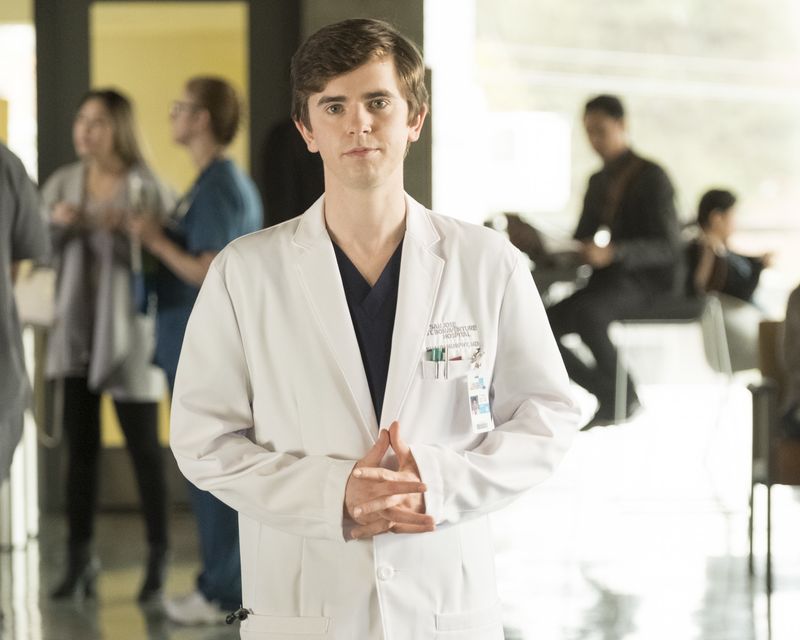
Dr. Shaun Murphy breaks every stereotype about what a surgeon should look and act like. As a young doctor with autism and savant syndrome, he sees medical problems from unique angles that his colleagues might miss entirely.
The show handles disability representation with remarkable sensitivity and honesty. Viewers watch Shaun navigate not just complex surgeries but also workplace relationships, romantic feelings, and social situations that challenge him daily.
His photographic memory and ability to visualize anatomy in three dimensions make him an exceptional surgeon despite doubters who question his capabilities. The emotional depth comes from watching Shaun prove repeatedly that different doesn’t mean less capable, inspiring audiences worldwide with every episode.
5. Scrubs (2001–2010)
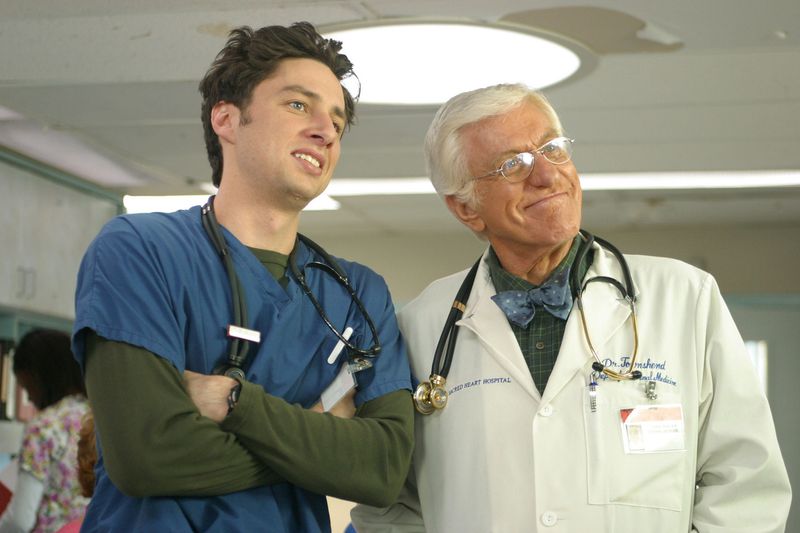
Who says hospitals can’t be hilarious? Through the daydreaming eyes of intern J.D., Sacred Heart Hospital becomes a playground for absurd fantasies, ridiculous pranks, and surprisingly deep life lessons.
The show masterfully switches between laugh-out-loud comedy and gut-wrenching drama within minutes. One moment you’re watching the Janitor torment J.D. with elaborate schemes, and the next you’re crying over a patient’s heartbreaking goodbye.
Its quirky tone and willingness to break the fourth wall made it stand out in a sea of serious medical dramas. The friendships between J.D., Turk, Elliot, and Carla feel authentic, reminding viewers that humor helps healthcare workers cope with their emotionally demanding jobs every single day.
6. Chicago Med (2015–present)
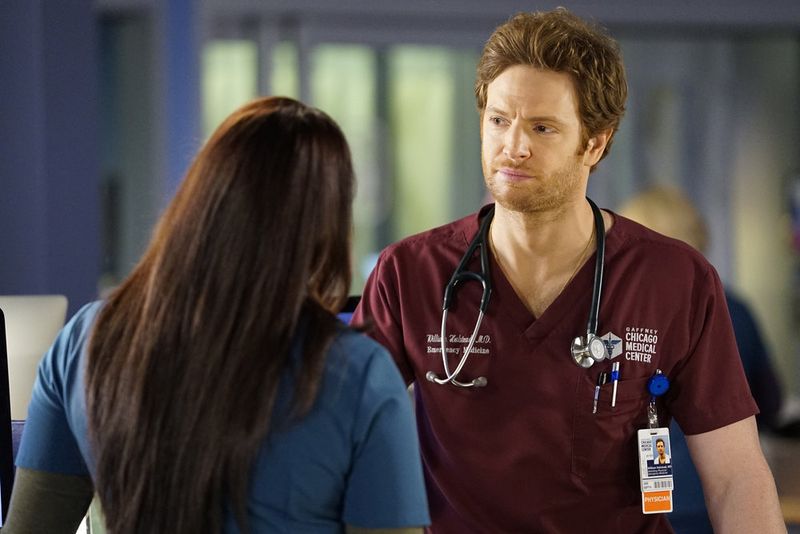
Part of Dick Wolf’s interconnected Chicago universe, this series plunges viewers into the organized chaos of a major city emergency department. The show doesn’t shy away from showing how poverty, violence, and systemic issues affect patient care in urban America.
Doctors face impossible choices daily: save the gunshot victim or the car accident patient when resources run thin? The moral dilemmas feel ripped from real headlines, making every episode thought-provoking beyond the medical cases.
Characters occasionally cross over with Chicago Fire and Chicago P.D., creating a rich, interconnected world. The emergency medicine setting means fast-paced action where split-second decisions determine whether patients live or die, keeping tension consistently high throughout.
7. The Resident (2018–2023)
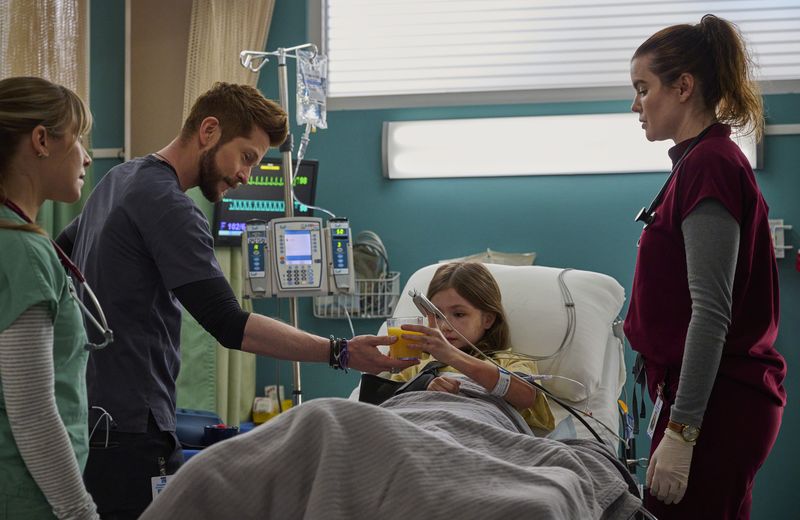
Not all heroes wear capes—some wear scrubs and fight against corrupt hospital administrators. This show pulls back the curtain on healthcare’s ugly side, exposing how profit motives and bureaucratic nonsense can endanger patient lives.
Dr. Conrad Hawkins serves as the rebellious protagonist who refuses to play by rules that put money before people. He mentors residents while battling a system more concerned with billing codes than actual healing.
The series tackles pharmaceutical scandals, insurance nightmares, and medical device failures with unflinching honesty. While other shows romanticize medicine, The Resident reminds us that dedicated doctors often must fight their own institutions to provide proper care, making their victories feel especially meaningful and earned.
8. Nurse Jackie (2009–2015)
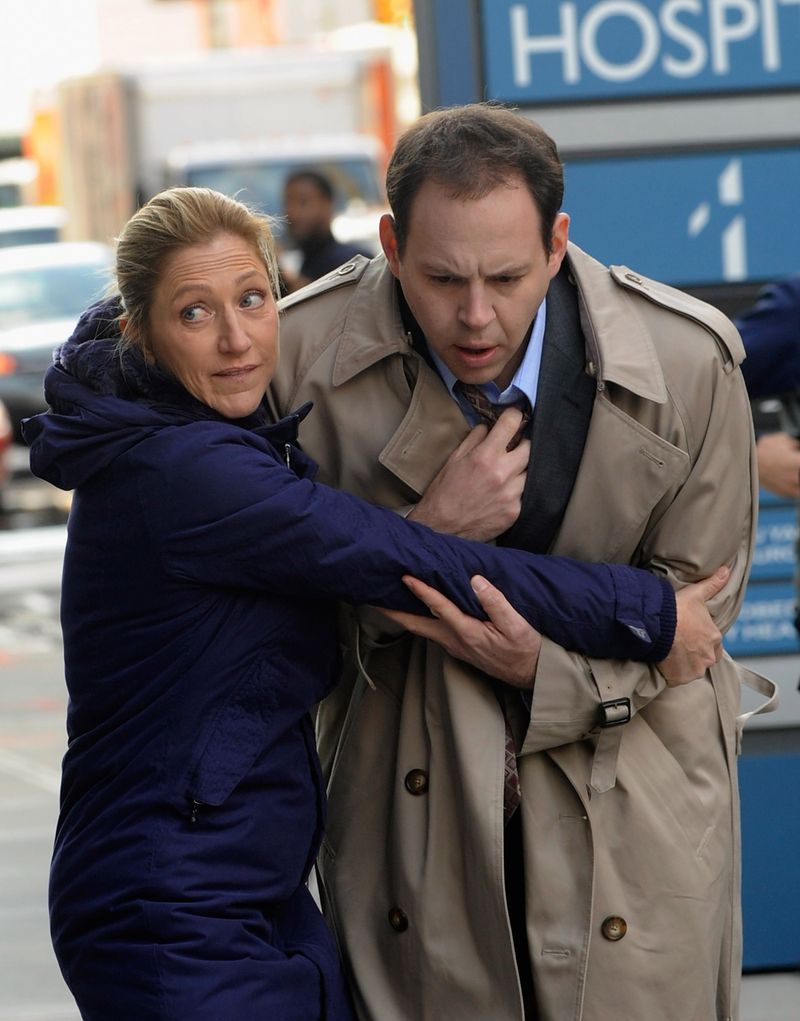
Edie Falco delivers a powerhouse performance as Jackie Peyton, a nurse whose exceptional skills hide a devastating secret: she’s addicted to prescription painkillers. The show refuses to paint addiction in simple black-and-white terms.
Jackie excels at her job, genuinely caring for patients while simultaneously lying to everyone she loves. This contradiction creates uncomfortable viewing that feels brutally honest about how addiction affects even the most competent professionals.
The dark humor balances the heavy subject matter, preventing the show from becoming unbearably depressing. Hospital politics, workplace friendships, and Jackie’s crumbling personal life intertwine to show how one person can be simultaneously heroic and deeply flawed, making her journey painfully relatable.
9. Doogie Howser, M.D. (1989–1993)
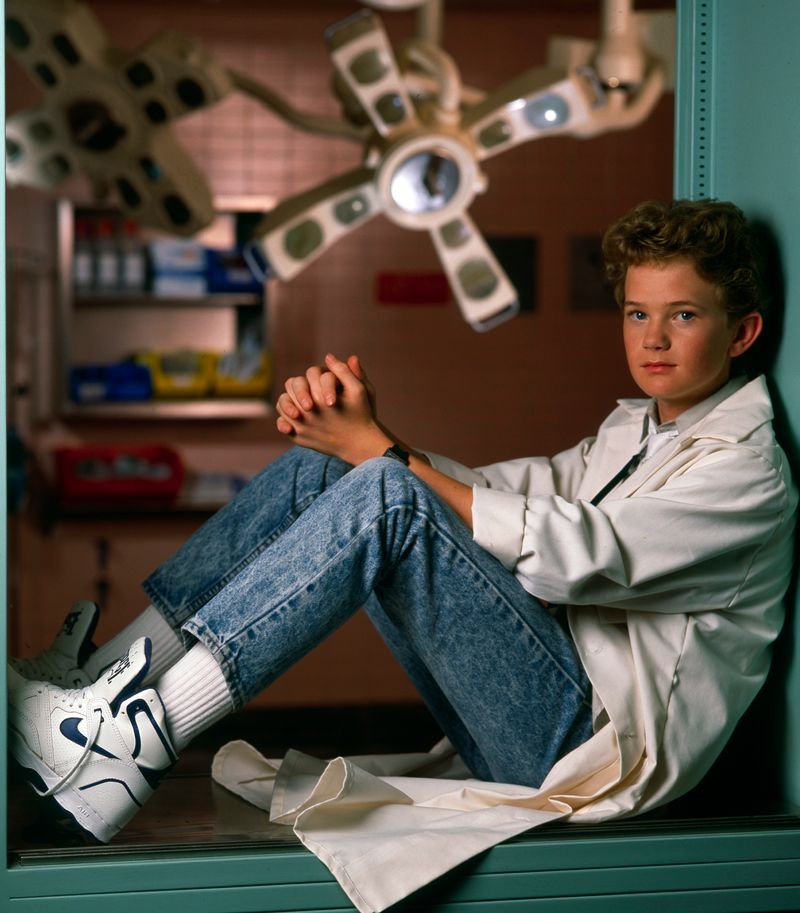
Before child prodigies became common TV tropes, there was Doogie Howser. At just sixteen years old, he graduated medical school and started practicing medicine while still dealing with typical teenage problems like dating and fitting in.
The show perfectly captured the awkwardness of being extraordinarily gifted yet emotionally age-appropriate. Doogie performed surgeries by day and worried about prom by night, creating a unique fish-out-of-water dynamic.
Each episode ended with Doogie typing his thoughts on his computer, a novel storytelling device for the late 1980s. The series launched Neil Patrick Harris’s career and proved that medical shows could be family-friendly while still addressing serious health issues and ethical questions.
10. Call the Midwife (2012–present)
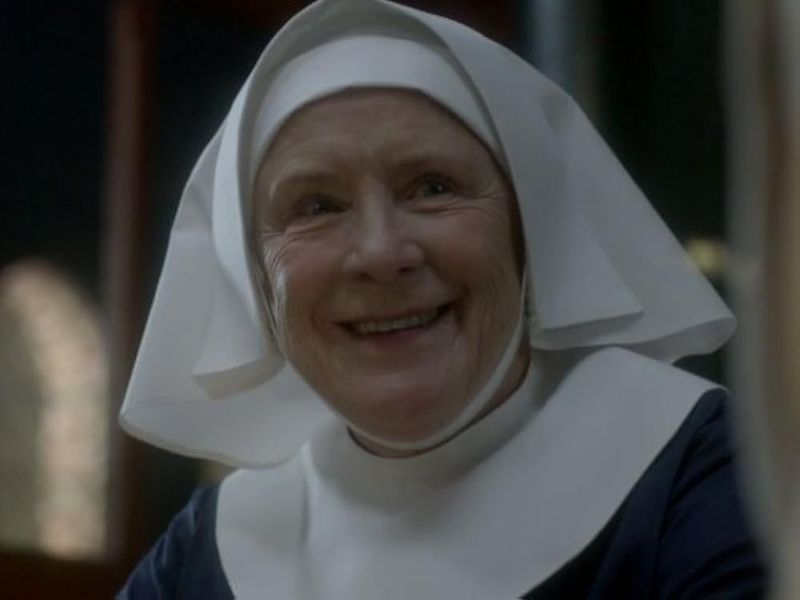
Travel back to postwar London’s East End, where dedicated midwives serve impoverished communities with limited resources but unlimited compassion. Based on Jennifer Worth’s memoirs, the show combines historical authenticity with deeply moving human stories.
The series doesn’t romanticize the past—it shows the harsh realities of poverty, dangerous deliveries, and social stigmas that women faced daily. Yet hope and kindness shine through every episode as the midwives celebrate new life.
What makes this British drama special is its focus on women helping women during their most vulnerable moments. The medical cases reflect real historical challenges, from thalidomide tragedies to illegal abortions, educating viewers while tugging heartstrings with beautifully crafted storytelling.
11. New Amsterdam (2018–2023)
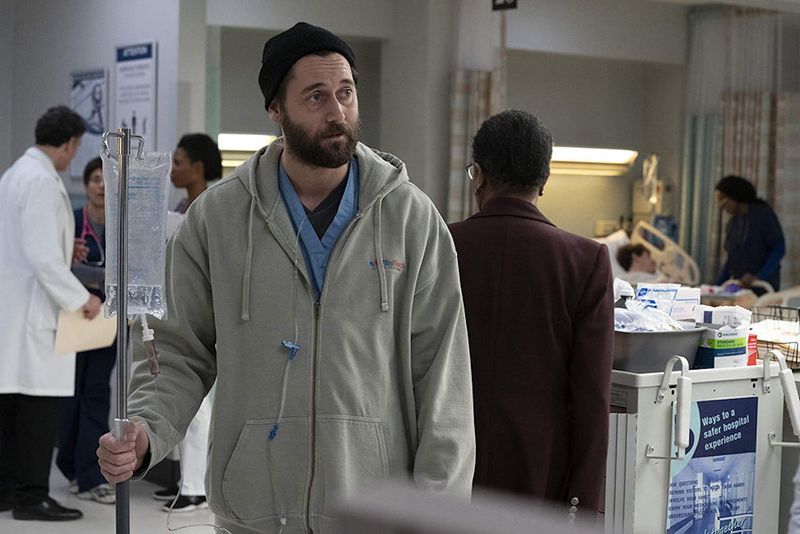
Dr. Max Goodwin arrives at New Amsterdam Hospital with a simple yet revolutionary question: How can I help? As the new medical director, he’s determined to tear down bureaucratic barriers and put patients first, no matter the cost.
Inspired by Bellevue Hospital’s real history, the show tackles America’s broken healthcare system head-on. Max fights insurance companies, budget constraints, and institutional inertia while battling his own cancer diagnosis.
The optimistic tone sets it apart from cynical medical dramas—this show believes healthcare can improve if people care enough to fix it. Each doctor faces personal challenges that mirror their professional missions, creating layered storytelling that examines both individual lives and systemic problems.
12. The Knick (2014–2015)
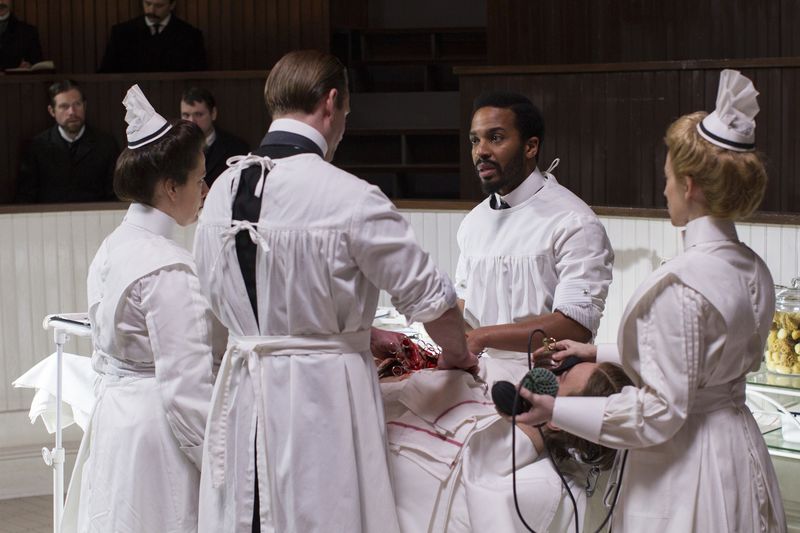
Step into 1900s New York, where medicine was equal parts innovation and barbarism. Director Steven Soderbergh crafted a visually stunning period piece that doesn’t sugarcoat how brutal healthcare was before modern technology.
Dr. John Thackery, played brilliantly by Clive Owen, pushes medical boundaries while battling cocaine addiction. The Knickerbocker Hospital becomes a testing ground for experimental procedures that sometimes save lives and sometimes end disastrously.
The show’s unflinching depiction of primitive surgical techniques and rampant infections makes viewers grateful for modern medicine. Its gorgeous cinematography and electronic soundtrack create an anachronistic style that feels simultaneously historical and contemporary, making century-old stories feel urgently relevant today.
13. MAS*H (1972–1983)
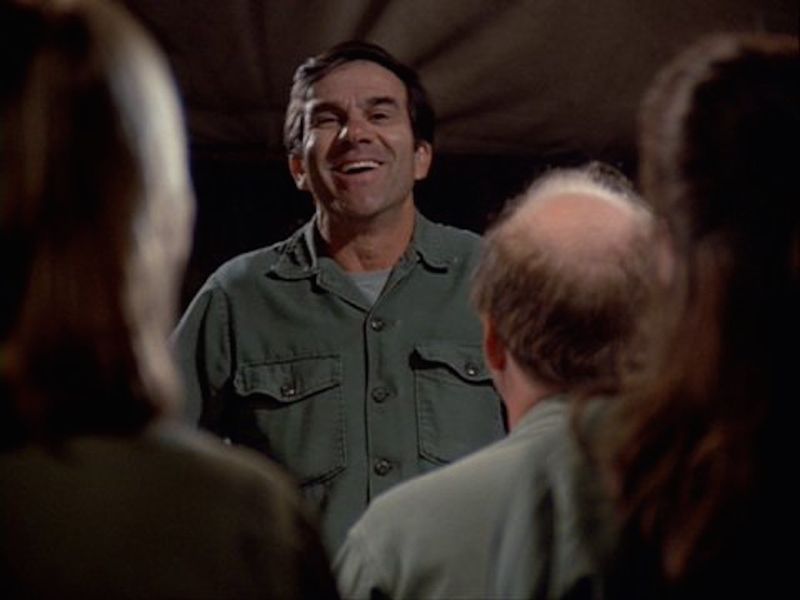
During the Korean War, doctors at the 4077th Mobile Army Surgical Hospital used humor as medicine for their own trauma. This groundbreaking series proved that comedy and tragedy could coexist, creating something far more powerful than either genre alone.
Hawkeye Pierce and his fellow surgeons performed life-saving operations between pranks and philosophical debates about war’s senselessness. The show never let viewers forget that every laugh happened against a backdrop of young soldiers dying needlessly.
Its series finale remains the most-watched television episode in American history. MASH transcended the medical drama genre to become a profound statement about humanity, showing how people maintain sanity and compassion even when surrounded by war’s absolute insanity and horror.

Comments
Loading…